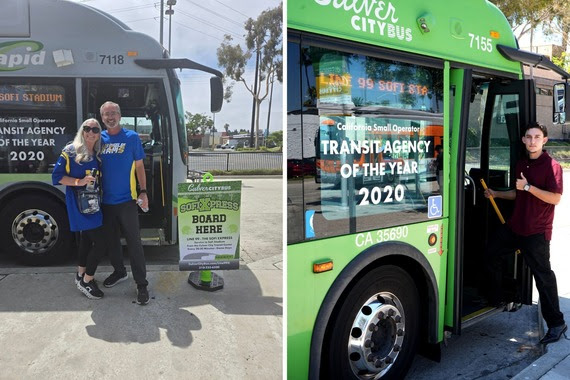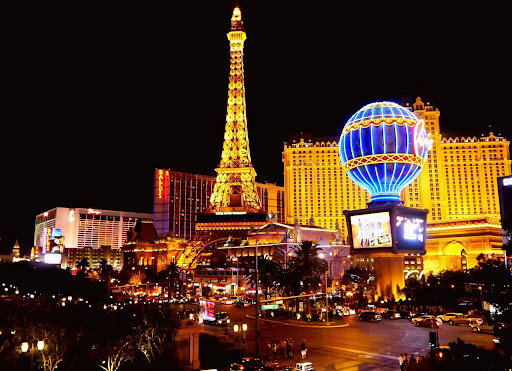The amount of a tip you leave for service in a restaurant meant to act as a kind of ‘review’ of the experience you just had with your meal? Is your tip the best way you can communicate to all of those involved in your “dining experience”… short of posting some sort of burning review on Yelp?
I’m personally not a fan of “dining experiences.” I understand that a meal for two that costs $45 is not intended to be a moment one will cherish for a lifetime. And conversely, I reject the notion that simply because a tab for dinner came to $200 there’s necessarily something finer that happened during that meal that didn’t happen during the meal where I shared burgers and beers with a friend for $45. If during the burger meal there was a robbery and shoot-out and we all survived, that would be the more memorable meal.
In both the $45 and $200 “experiences” there were people working in the front and the back of the restaurant who are there not because they are necessarily passionate about creating a “dining experience”… but because they have bills to pay.
Lawyer Zachary Cantor’s piece on the current legal aspects of what restaurants do with tips collected by service staffers (Santa Monica Mirror July 8) was helpful in reminding readers of a 9th Circuit U.S. Court of Appeals decision in March that said tips were the province of “customarily and regularly tipped employees” and thus not to be “pooled” and divided among cooks, dishwashers, et al… the people in the back of the building. Cantor points out that the decision is still open for revision or appeal.
And it’s definitely something worth thinking about for Mirror readers, as Cantor’s piece cited that there are hundreds of restaurants in Santa Monica with about 300 belonging to the Chamber of Commerce. While it’s great to find out during a meal that your server is really an actor who just had a small part on a sitcom, it’s not really right to adopt an attitude that all food service people are lively bohemians living their dream and supporting said dreams on tips. Every person working in that restaurant has bills to pay, whether for child care or new head shots.
So how do we feel about those spaces between 10 percent and 20 percent on the tip line of our bill? Especially if we’re not certain our tip “message” will travel to any extent throughout the restaurant, perhaps to those in the back and upstairs in the office. Mr. Cantor called tipping an “intricate art” but, can we find any absolutes inside our tipping habits that might guide us?
Worst case scenarios: You had a reservation and you arrived on time, yet you waited more than 45 minutes to get a table. Is there a direct correlation between that unexpected wait and how much you should tip? I think not, especially if you consciously decided to hit a “hot” new restaurant. I worked about two years managing a small restaurant and I can tell you that unforeseen complexities such as two or three scheduled wait people not showing up for the busy Saturday shift following “a kick ass party at Larry’s house” on Friday night are quite simply out of anyone’s hands. Human workers are human and sometimes they are hungover human workers. However if your wait person communicates to you that the restaurant is “short-handed tonight” (not something a manager would fancy telling customers), and then your wait person seems less than apologetic about the situation, that could be cause to say something with your tip. Unless you yourself are Larry and now fully understand the role you played in the chaos.
What if your food is in some way severely wanting? I don’t mean it turned out spicier than you hoped. I mean, it just wasn’t good. Should that impact your tip to person who brought it to the table? Keep in mind that it was you who made the choice of the restaurant and then selected the entrée. I think that’s on you, unless the wait person swore to you that “Everything on our menu is great; you can’t lose with any selection.” Then, I think, you might redefine “great” by way of your tip.
If your food was a long time coming out of the kitchen and that situation was not recognized and addressed with an offer of a ‘comp’ drink or dessert, then either management is tying the hands of its servers by prohibiting those offers or some guilt for ignoring the damage done to the evening falls on your server.
Because I did run a small restaurant once, I always “case the joint” before we decide to sit down. Are there too many tables clearly late in getting their food or a hectic feeling to the service? As I wait for a table, am I overhearing conversations about lateness or disappointing food? Does the whole scene just feel wrong? If so, then I think one has to recognize to what degree the “dining experience” rests on you. Sure, you’re hungry. But there’s a sandwich place across the street. Would it kill you to just get something there and hit your play or movie on time? True, you’ll be denied your “dining experience” but … that’s being kind of first-world whiny, don’t you think? And if later the coffee you “grab” at Starbucks is good, please leave some change in the tip cup. Everyone there, just like at the “experience” venue, is likely trying their best.





















